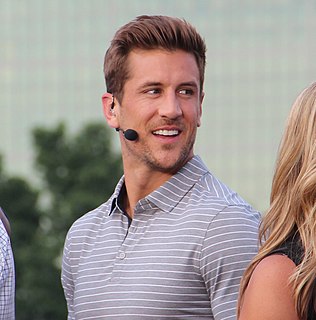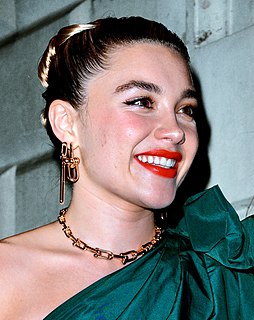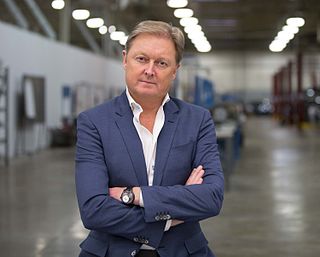A Quote by Andre Holland
I went down and spoke to some of the people who lived in the neighborhood in Miami. At the end of the day I think my connection with Tarell [Alvin McCraney] is what helped me the most.
Quote Topics
Related Quotes
It [Moonlight movie] deals with drug addiction, drug dealing, and single parenthood, but they are three dimensional characters. You understand where they are from and what they are trying to do with their lives. It is not a stereotype that has been pasted onto somebody. These are stories that come from Barry's [ Jenkins] and Tarell's [Alvin McCraney] mothers.
I was raised in a completely black world. In those days, if a white woman married a black man, she lived as a black woman, and that was just the end of it. So, I don't have a feeling of being bi-racial. I don't have a connection to it. People often come up to me thinking I do have a connection to it, and I kind of let them down because I really don't.
I was fortunate that by the time I was born, there were a lot of comforts and at the same time I lived in a neighborhood where it was brought to my eyes every single day that people didn't live like me. Every day I knew that many of my friends "got relief." That was important in my thinking about the world, thinking that not everybody lived that way.
I think there's always some good reason to try and modernize most period things, because at the end of the day, they may have, I suppose, used a different language or a different etiquette, but ultimately, these are still people that loved and breathed and lived and ate and weed and pooed just like we do now.































